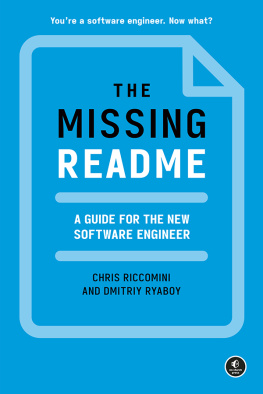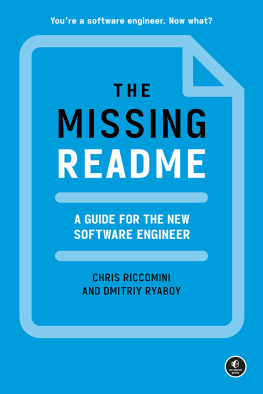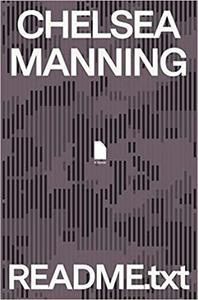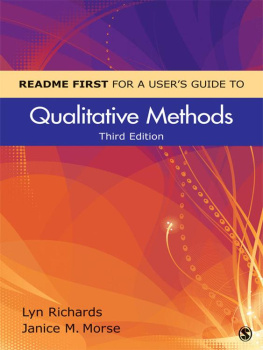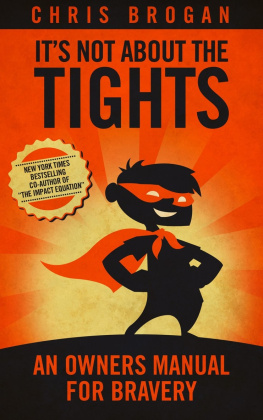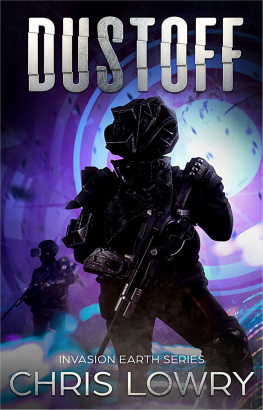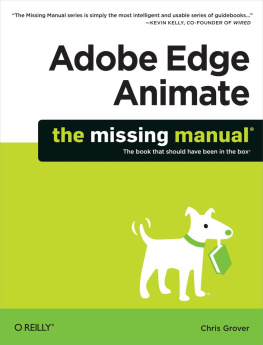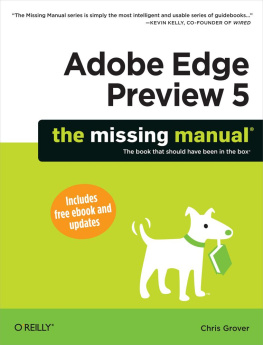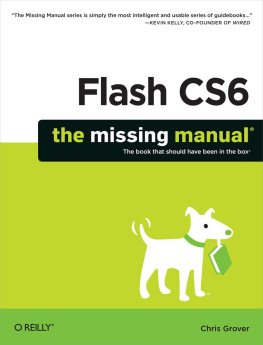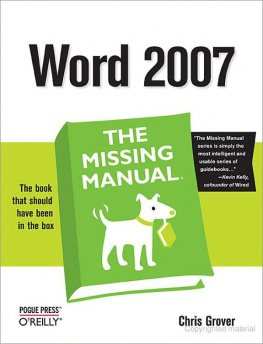Chris Riccomini - The Missing README
Here you can read online Chris Riccomini - The Missing README full text of the book (entire story) in english for free. Download pdf and epub, get meaning, cover and reviews about this ebook. year: 2021, genre: Home and family. Description of the work, (preface) as well as reviews are available. Best literature library LitArk.com created for fans of good reading and offers a wide selection of genres:
Romance novel
Science fiction
Adventure
Detective
Science
History
Home and family
Prose
Art
Politics
Computer
Non-fiction
Religion
Business
Children
Humor
Choose a favorite category and find really read worthwhile books. Enjoy immersion in the world of imagination, feel the emotions of the characters or learn something new for yourself, make an fascinating discovery.
- Book:The Missing README
- Author:
- Genre:
- Year:2021
- Rating:4 / 5
- Favourites:Add to favourites
- Your mark:
- 80
- 1
- 2
- 3
- 4
- 5
The Missing README: summary, description and annotation
We offer to read an annotation, description, summary or preface (depends on what the author of the book "The Missing README" wrote himself). If you haven't found the necessary information about the book — write in the comments, we will try to find it.
The Missing README — read online for free the complete book (whole text) full work
Below is the text of the book, divided by pages. System saving the place of the last page read, allows you to conveniently read the book "The Missing README" online for free, without having to search again every time where you left off. Put a bookmark, and you can go to the page where you finished reading at any time.
Font size:
Interval:
Bookmark:

by Chris Riccomini and Dmitriy Ryaboy

THE MISSING README. Copyright 2021 by Chris Riccomini and Dmitriy Ryaboy.
All rights reserved. No part of this work may be reproduced or transmitted in any form or by any means, electronic or mechanical, including photocopying, recording, or by any information storage or retrieval system, without the prior written permission of the copyright owner and the publisher.
ISBN-13: 978-1-7185-0183-6 (print)
ISBN-13: 978-1-7185-0184-3 (ebook)
Publisher: William Pollock
Production Manager: Rachel Monaghan
Production Editor: Katrina Taylor
Developmental Editor: Athabasca Witschi
Cover Design: Monica Kamsvaag
Interior Designer and Compositor: Maureen Forys, Happenstance Type-O-Rama
Copyeditor: Kim Wimpsett
Proofreader: Jamie Lauer
For information on book distributors or translations, please contact No Starch Press, Inc. directly:
No Starch Press, Inc.
245 8th Street, San Francisco, CA 94103
phone: 1-415-863-9900; info@nostarch.com
www.nostarch.com
Library of Congress Control Number: 2021938055
No Starch Press and the No Starch Press logo are registered trademarks of No Starch Press, Inc. Other product and company names mentioned herein may be the trademarks of their respective owners. Rather than use a trademark symbol with every occurrence of a trademarked name, we are using the names only in an editorial fashion and to the benefit of the trademark owner, with no intention of infringement of the trademark.
The information in this book is distributed on an As Is basis, without warranty. While every precaution has been taken in the preparation of this work, neither the author nor No Starch Press, Inc. shall have any liability to any person or entity with respect to any loss or damage caused or alleged to be caused directly or indirectly by the information contained in it.
To my family. Thanks for your love and support.
Chris Riccomini
To Gita.
Dmitriy Ryaboy
Chris Riccomini is a software engineer with more than a decade of experience at major tech companies, including PayPal, LinkedIn, and WePay, a JP Morgan Chase Company. He has held titles as data scientist, staff software engineer, and distinguished software engineer. Riccomini is also an open source contributor and startup investor and advisor.
Dmitriy Ryaboy has been a software engineer and manager since the early 2000s. Hes worked at enterprise software startups (Cloudera), consumer internet companies (Ask.com, Twitter), and research institutions (Lawrence Berkeley National Laboratory). He helped create and grow multiple open source projects, including Apache Parquet. Dmitriy is currently the vice president of software engineering at Zymergen.
A huge thanks to our editor, Athabasca Witschi. This book wouldnt be what it is without her. Gratitude to Kim Wimpsett for copyediting help, Jamie Lauer for proofreading, and to Bill Pollock, Barbara Yien, Katrina Taylor, and others at No Starch for guiding two newbies through the book writing process.
Thanks to our review crew: Joy Gao, Alejandro Crosa, Jason Carter, Zhengliang (Zane) Zhu, and Rachel Gita Schiff. Your feedback was invaluable. Thanks to Todd Palino for feedback on operations chapters, to Matthew Clower for an honest and exhaustive review of Chapter 6, to Martin Kleppmann and Pete Skomoroch for publisher introductions and guidance, and to Tom Hanley, Johnny Kinder, and Keith Wood for feedback on the management chapters.
We couldnt have written this book without support from our employers and managers. Thanks to Chris Conrad, Bill Clerico, Aaron Kimball, and Duane Valz for letting us take a shot at this project.
Y ou come into your new job ready to solve hard problems, to write elegant code, and to ply your craft. Exciting! Congratulations! We hope you get to tackle interesting challenges; work with wonderful, intelligent, and passionate colleagues; and build useful things.
But you will soon discover, or perhaps have already discovered, that knowing how to programhow to use computers to solve problemsis only half the battle. Its a critical part of your skillset, yet to be an effective software engineer, you need other skills that are not taught in school. The Missing README will teach you these skills.
We will explain modern practices for building, testing, and running production software, and describe behaviors and approaches that make for stronger teams and better teammates. Well give you practical advice on how to get help, write design documents, work on old code, be on-call, plan your work, and interact with your manager and team.
This book doesnt contain everything youll need to knowan impossible task that would make for an exhausting read. Instead, we focus on the most important information not usually covered in undergraduate computer science curricula. These topics are deep, so we end each chapter with a Level Up section containing recommended reading if you want more information.
The first few chapters explain what to expect when you begin your career at a company. The middle group expands your technical education: writing production-quality code, effective testing, code reviews, continuous integration and deployment, design documents, and architectural best practices. The final three chapters cover softer skills, such as Agile planning, working with your manager, and career advice.
This is an opinionated book influenced by our experiences building teams in rapidly growing, VC-funded, pre-IPO Silicon Valley companies. Your setting might be different, and thats fine. Specifics differ from company to company, but the fundamentals are universal.
The Missing README is the book we wish we had when we started outthe book we plan to give to new engineers we welcome to our teams. By the end, youll know what it takes to be a professional software engineer. Lets get started!
The Journey Ahead
Y our journey as a software engineer spans your entire career. There are many stops along the way: student, engineer, tech lead, maybe even manager. Most new engineers start with a technical foundation but little real-world experience. The chapters ahead will guide you toward the first milestone of your career, which youll reach when you can safely deliver code changes and work seamlessly with your team.
Reaching the first milestone is difficultthe information you need is scattered across the internet or, worse, tucked away in someones head. This book consolidates key information that you need to be successful. But what does a successful software engineer look like, and how do you get there?
Everyone begins as an entry-level engineer. To advance, youll need to be competent in several core areas.
- Technical knowledge You know your computer science fundamentals. You know how to use integrated development environments (IDEs), build systems, debuggers, and test frameworks. You are familiar with continuous integration, metrics and monitoring, configuration, and packaging systems. You proactively create and improve test code. You consider operations when making architectural decisions.
- Execution You create value by solving problems with code, and you understand the connection between your work and the business. Youve built and deployed small and medium-sized features. You write, test, and review code. You share on-call duties and debug operational issues. You are proactive and dependable. You participate in technical talks, reading groups, interviews, and presentations.
Font size:
Interval:
Bookmark:
Similar books «The Missing README»
Look at similar books to The Missing README. We have selected literature similar in name and meaning in the hope of providing readers with more options to find new, interesting, not yet read works.
Discussion, reviews of the book The Missing README and just readers' own opinions. Leave your comments, write what you think about the work, its meaning or the main characters. Specify what exactly you liked and what you didn't like, and why you think so.

